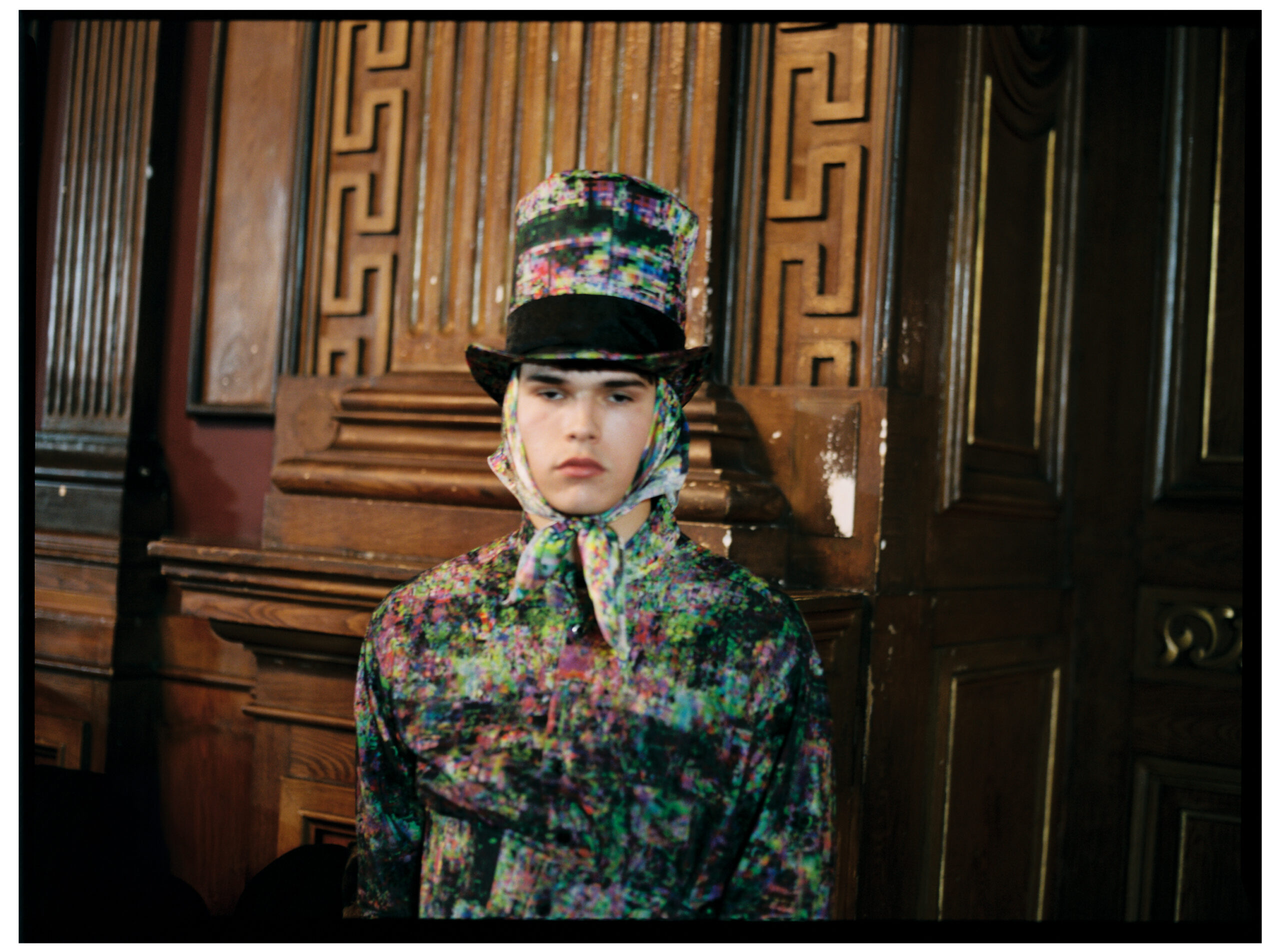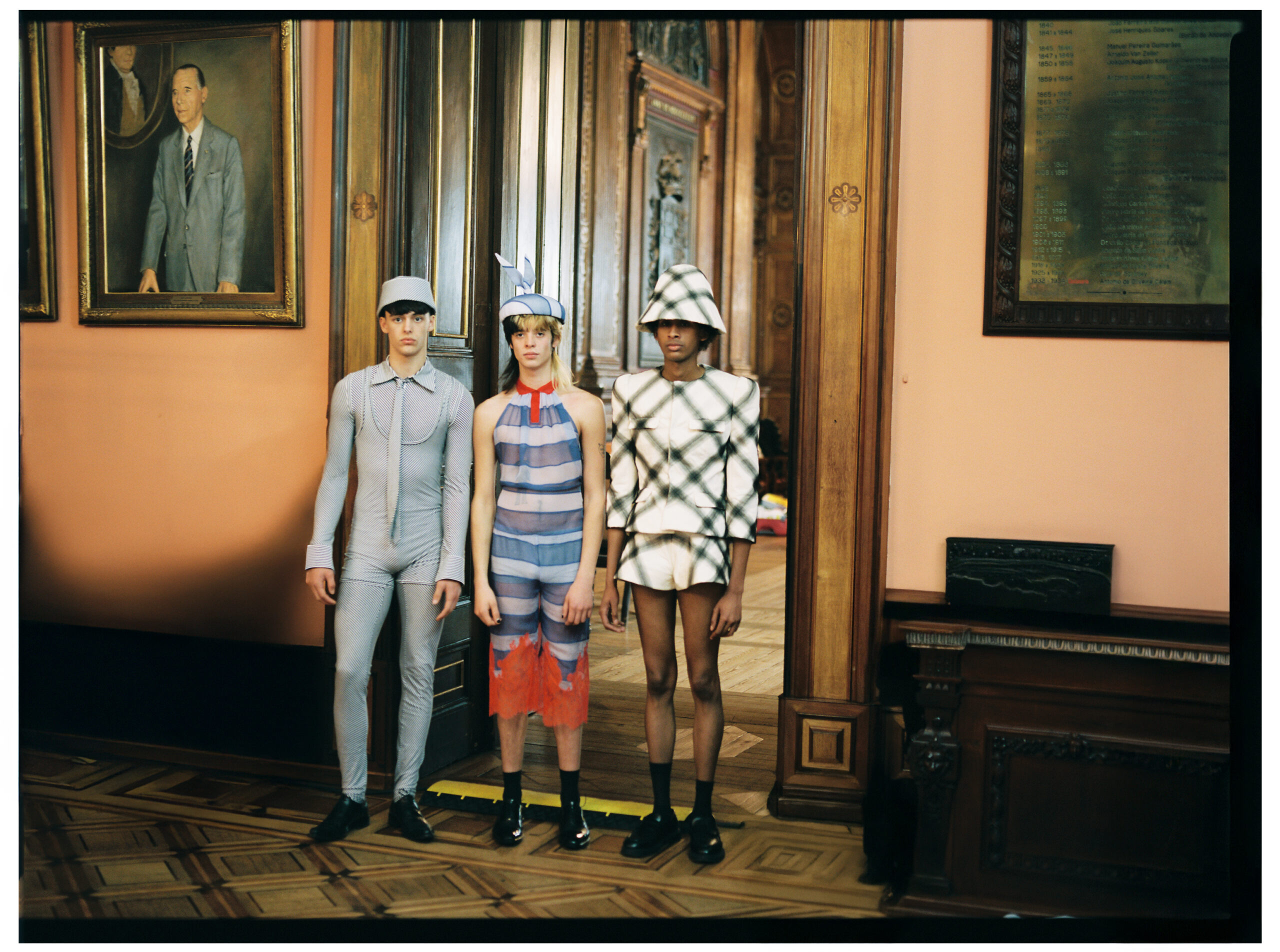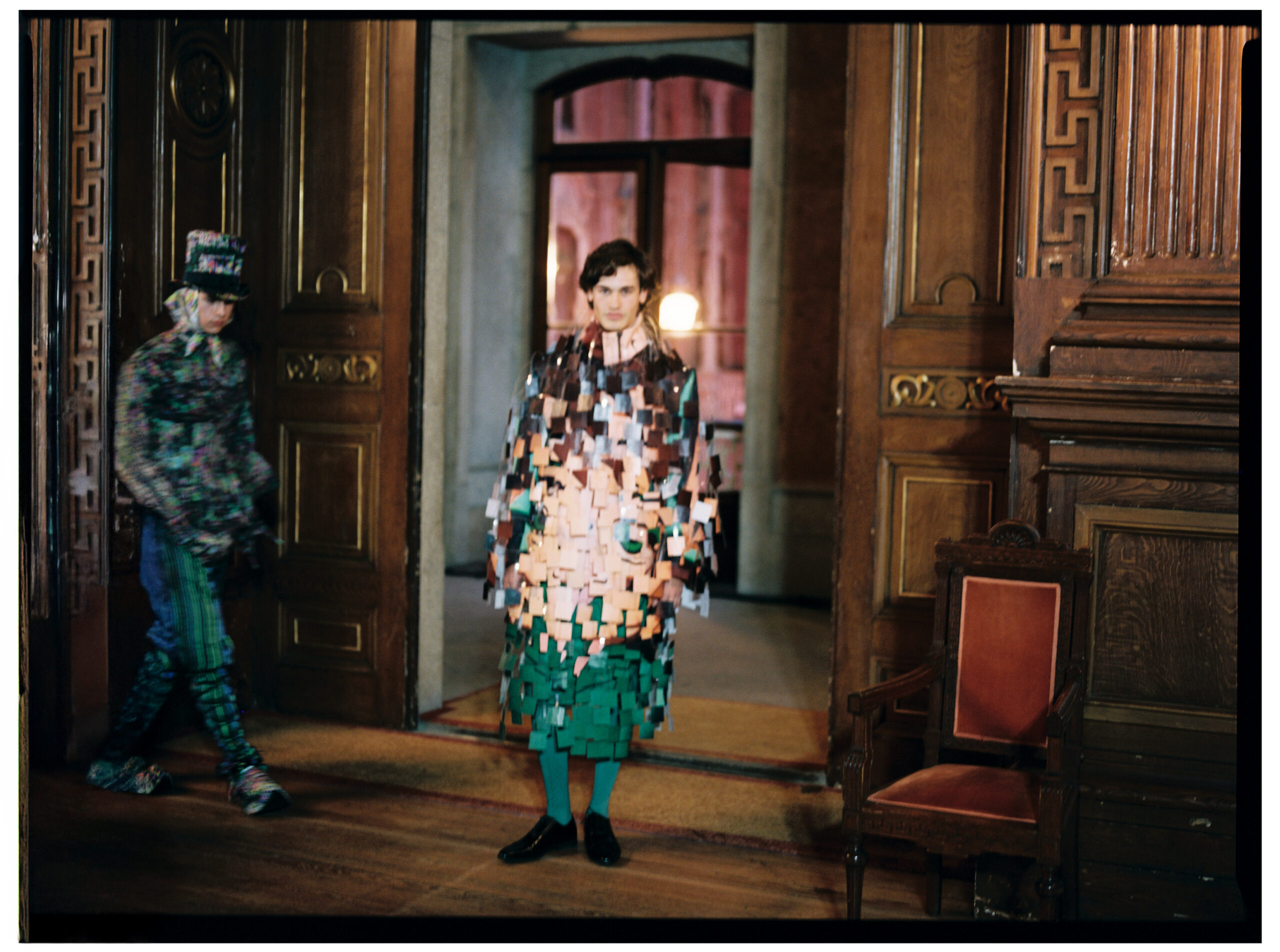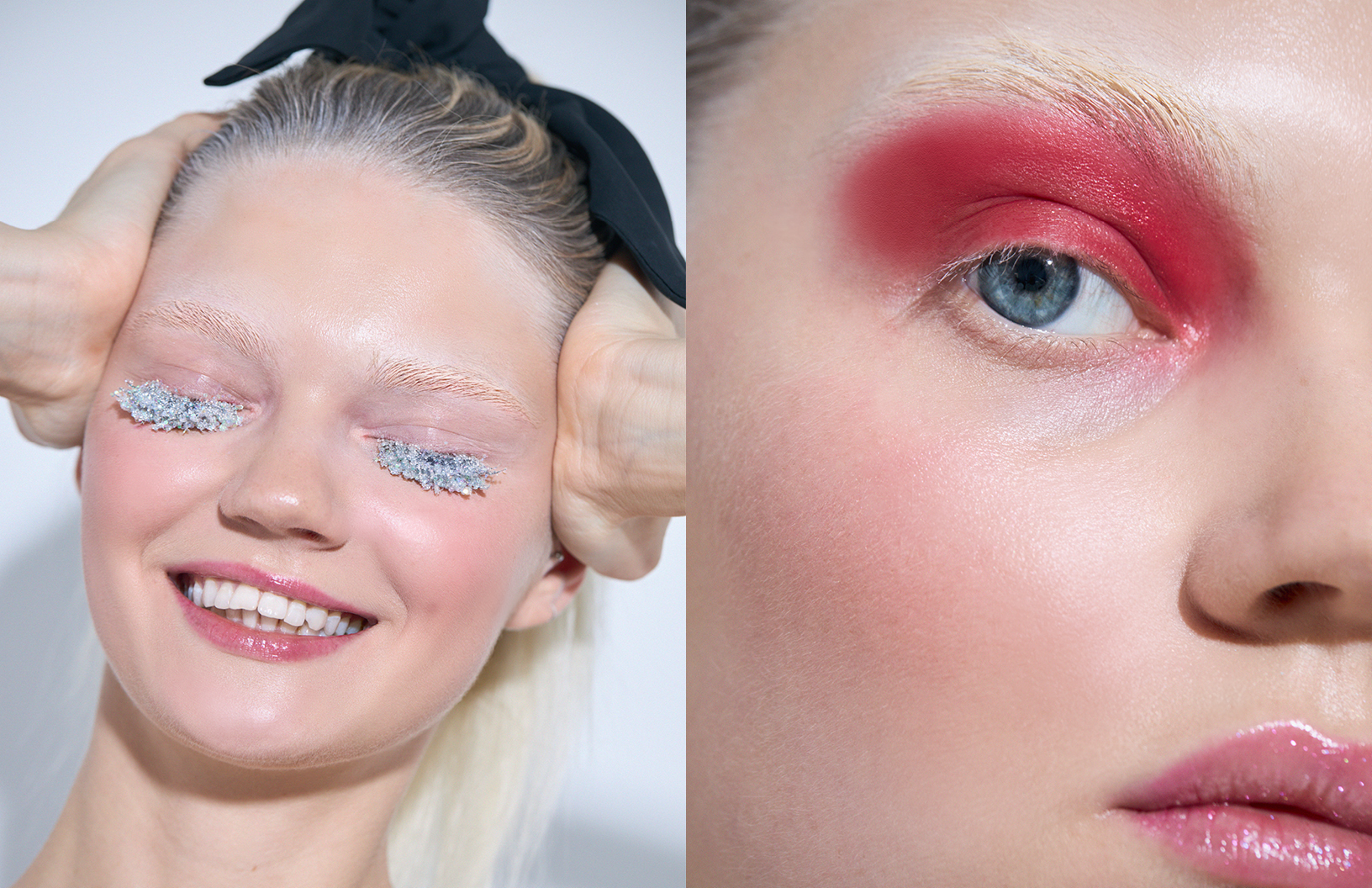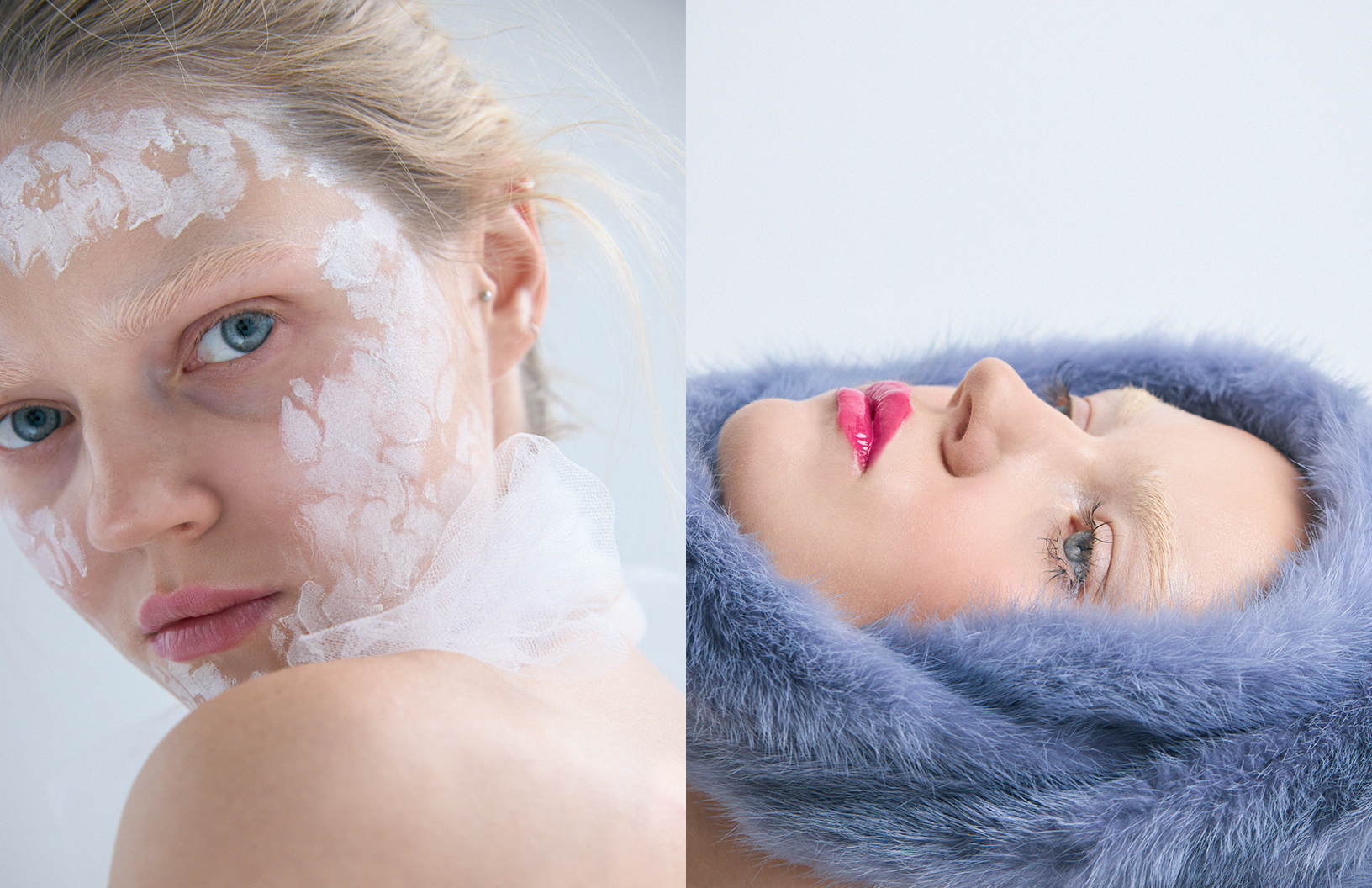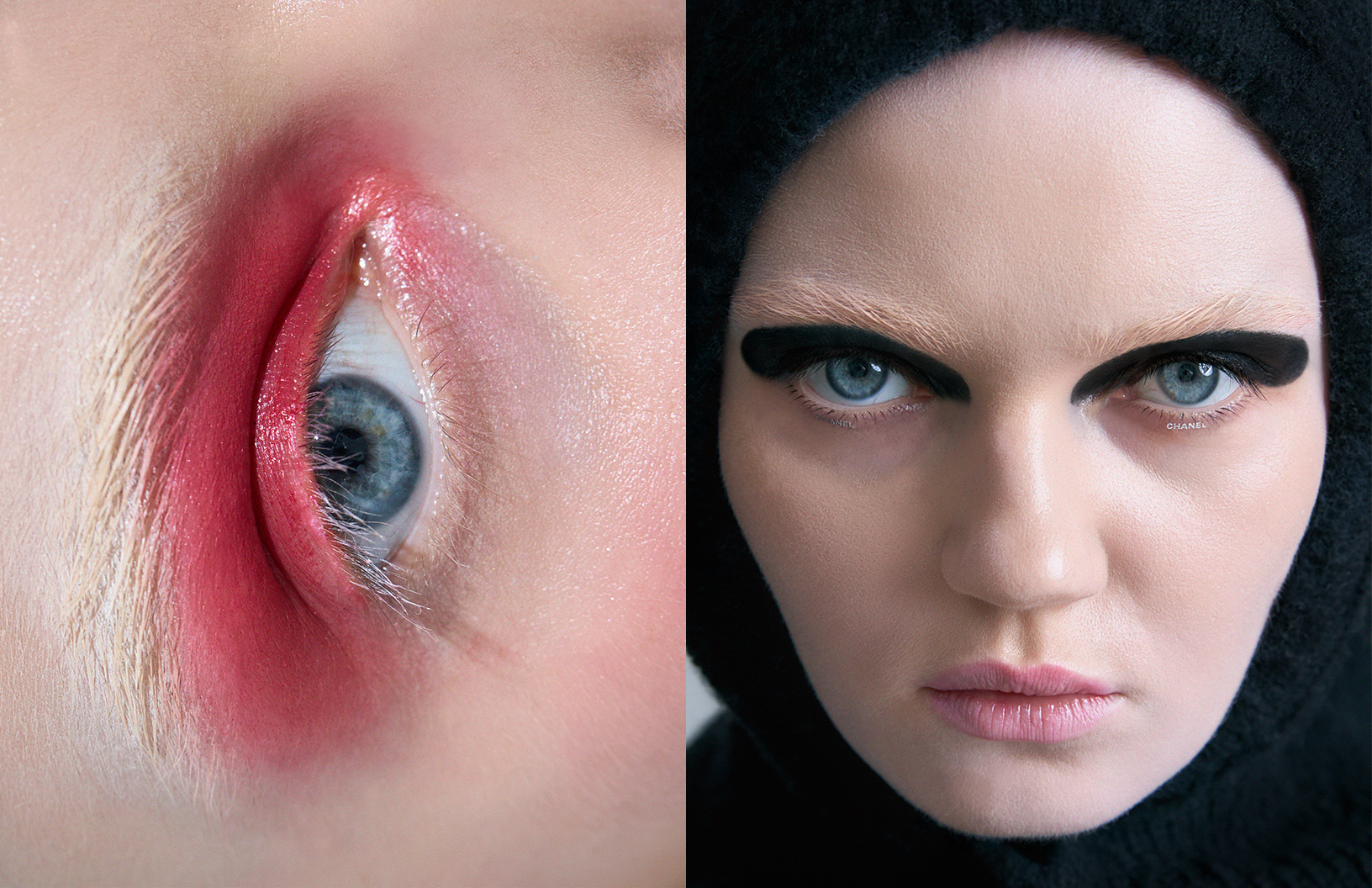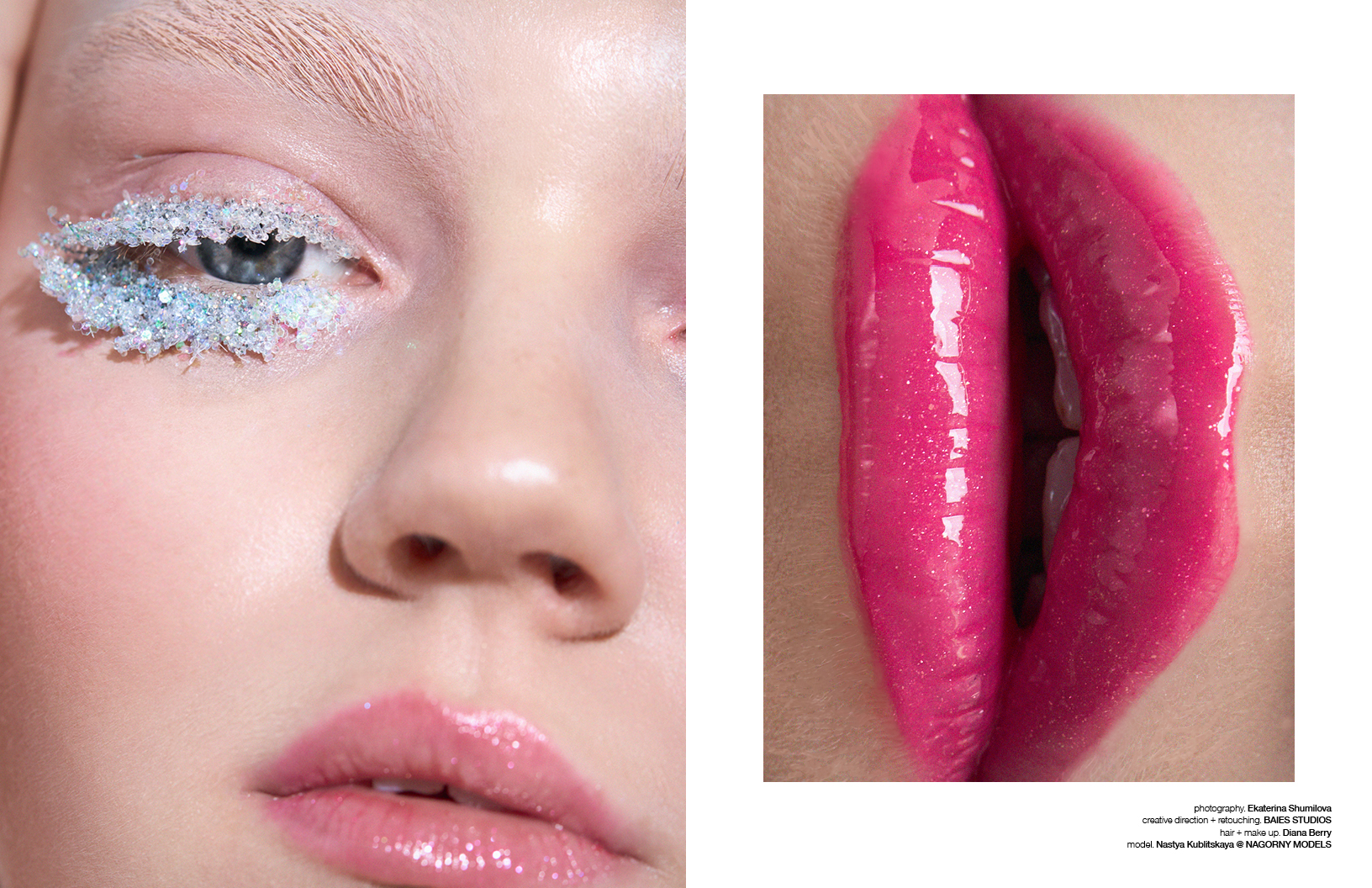To coincide with the release of Schön! 38, which celebrates #PeopleWithVoices, Schön! presents Not Your Fetish, a mini-documentary film by Rachel Edwards and Curtis Blair. Not Your Fetish explores the fetishisation of identity and the roles that social media, porn, and the fashion industry play in perpetuating it. Talulah-Eve — the first transgender contestant on Britain’s Next Top Model — speaks openly about her struggles with dating men given she is often viewed merely as an opportunity to experience sex with a trans woman. Mati, an actor who at the time of filming identified as a lesbian, has experienced both their identity and their relationship being fetishised by strangers. Sophie, a student and journalist, shares her experiences of being fetishised by men who expect her to behave in specific ways due to her Asian background.
This Schön! online exclusive has been produced by
director. Rachel Edwards
dop + editor. Curtis Blair
cast (in order of appearance). Talulah-Eve Brown, Mati Boyd-Moss (note: Mati transitioned after the film was shot and no longer identifies as a lesbian), Marcela Morales + Sophie Lau


Schön! Magazine is now available in print at Amazon,
as ebook download + on any mobile device

















































































